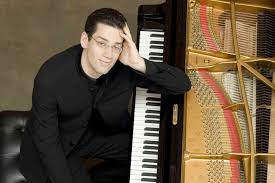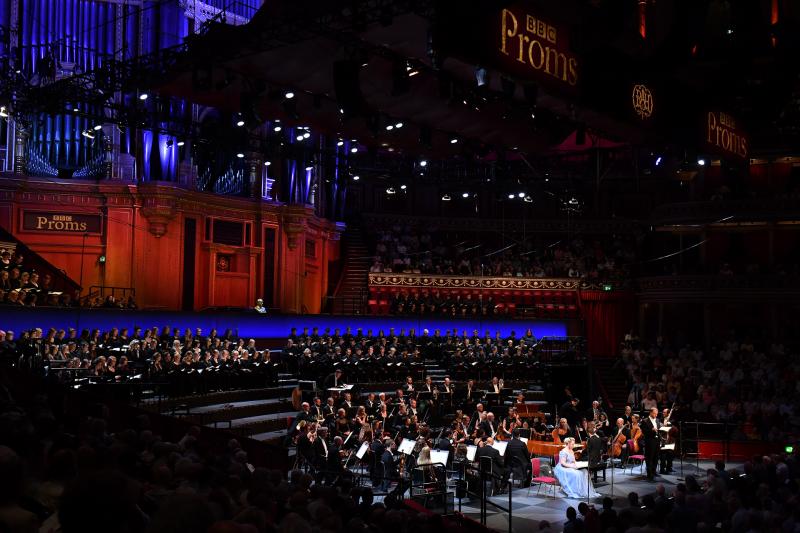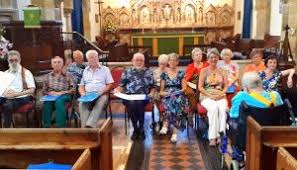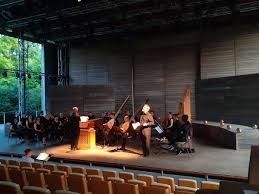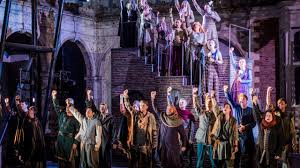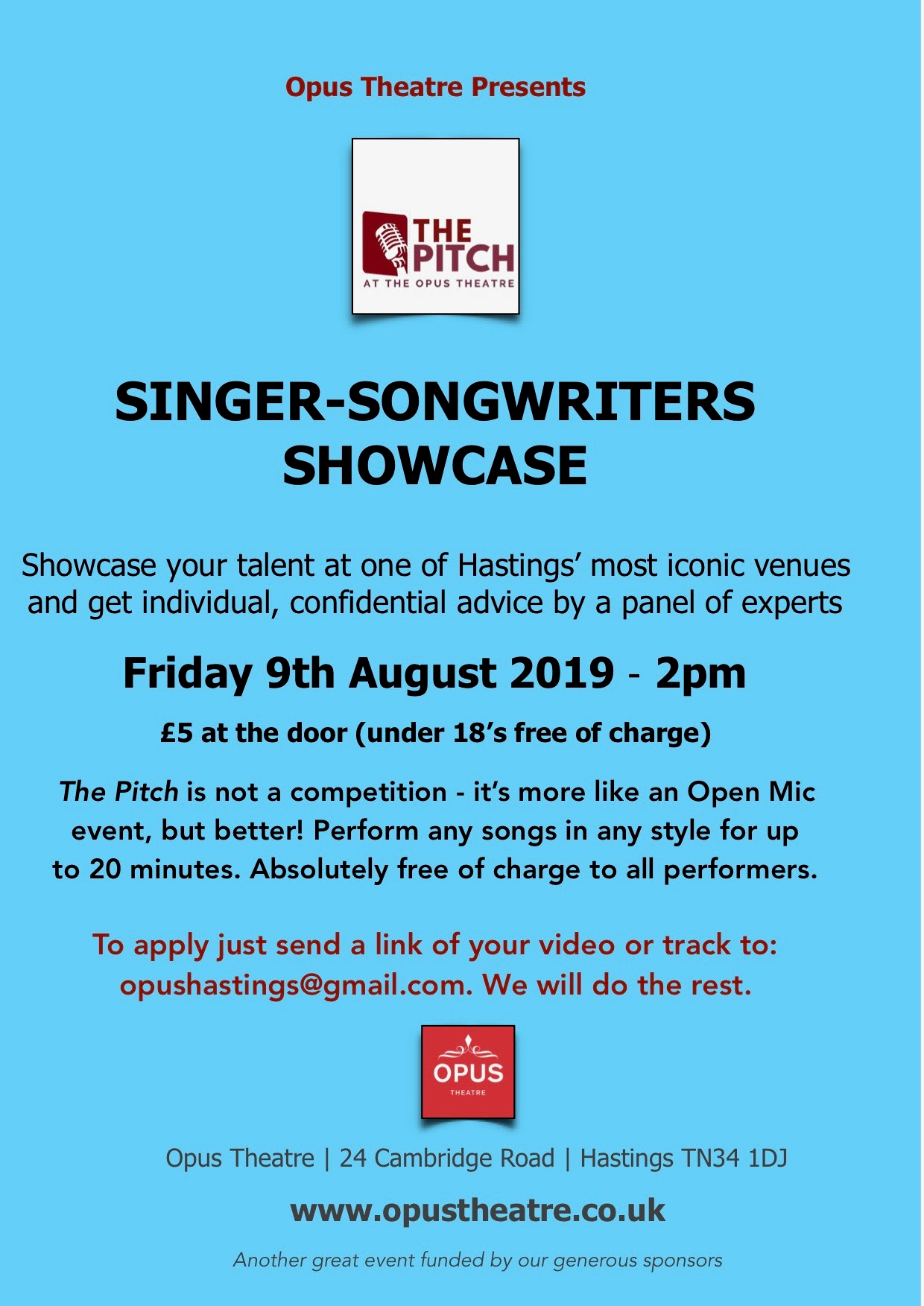“The idea of Beethoven as the grim, set-faced perpetual striver, far too intent on storming the heavens to allow himself the luxury of even a passing smile, has fortunately taken a bit if a knock in recent years. There is also playfulness, wit…and nowhere more so than in the piano sonatas. Not only is American pianist Jonathan Biss a highly refined and intelligent musician, but he also understands this aspect of Beethoven as well as anyone performing today… it’s hard to think of another pianist who communicates such a sense of sheer delight.”
BBC Music Magazine, July 2018
Renowned American pianist Jonathan Biss’s fascination with Beethoven dates back to childhood and the composer’s music has been a constant throughout his life. His deep musical curiosity has led him to explore Beethoven’s music in a multi-faceted way, through concerts, recordings, teaching, writing and commissioning.
As Jonathan explains, Beethoven cannot be ignored: “Our relationship to Beethoven is a deep and paradoxical one. For many musicians, he represents a kind of Holy Grail: his music has an intensity, rigor, and profundity which keep us in its thrall, and it is perhaps unequalled in the interpretive, technical, and even spiritual challenges it poses to performers. At the same time, Beethoven’s music is casually familiar to millions of people who do not attend concerts or consider themselves musically inclined. Two hundred years after his death, he is everywhere in the culture, yet still represents its summit. ”
Starting in September 2019, in the lead-up to the 250th anniversary of Beethoven’s birth in December 2020, Jonathan will perform a whole season focused around Beethoven’s Piano Sonatas, with more than 50 recitals worldwide. This includes performing the complete sonatas at the Wigmore Hall and Berkeley, multi-concert-series in Washington, Philadelphia and Seattle, as well as recitals in Rome, Budapest, New York and Sydney.
Jonathan’s ambitious nine-year project to record the complete cycle of Beethoven’s piano sonatas, reaches its conclusion in 2019 with the release of the final disc in his nine-volume set. Considered the cornerstone of the pianist’s repertoire, the cycle comprises thirty-two sonatas in a range of emotional expressions. For Jonathan these sonatas have been life-long companions and a source of constant inspiration as articulated in his 2011 publication Beethoven’s Shadow. The first Kindle eBook to be written by a classical musician, Beethoven’s Shadow explores the rationale behind the recording of the sonatas and gives an insight into the power of Beethoven’s music. Jonathan writes: “I am recording all of Beethoven’s Piano Sonatas: Because he takes my breath away. Because he does so frequently, and in a way no other musical or life experience can replicate.”
Jonathan is passionate about bringing Beethoven’s music to a wider audience. In 2013 he launched Exploring Beethoven’s Piano Sonatas, a collaboration between Jonathan, the Curtis Institute of Music – where he both studied and now teaches – and Coursera, the leading provider of “massive online open courses.” The free course continues to be updated and has reached over 150,000 learners in 185 countries. The lectures take an inside-out look at the 32 piano sonatas and are aimed at a wide range of abilities – from musical novice to expert. To aid greater understanding and to answer students, Jonathan has hosted meet-ups and Google Hangout “office hours”. These continue into 2019/2020 when there will be a Coursera meet-up attached to each one of his Wigmore Hall Beethoven concerts.
Beethoven’s contemporary legacy is just as important for Jonathan, who initiated Beethoven/5, a project to commission five piano concertos as companion works for each of Beethoven’s piano concertos. The resulting pieces, from some of today’s most important composers, re-imagine Beethoven for the twenty-first century: Timo Andres The Blind Banister (2015), Sally Beamish City Stanzas (2017), Salvatore Sciarrino Il sogno di Stradella (2017), Caroline Shaw Watermark (2019) and Brett Dean Gneixendorfer musik – Eine Winterreise (2020).
London, Wigmore Hall, Beethoven Piano Sonatas Cycle
Date: 29 September 2019
Programme: Beethoven Piano Sonata No. 1 in F minor, Op. 2 No. 1
Beethoven Piano Sonata No. 9 in E major, Op. 14, No. 1
Beethoven Piano Sonata No. 13 in E-flat major, Op. 27 No. 1
Quasi una fantasia
Beethoven Piano Sonata No. 12 in A-flat, Op. 26 Funeral March
Beethoven Piano Sonata No. 21 in C major, Op. 53 Waldstein
Post-concert talk Jonathan Biss
Date: 19 December 2019
Programme: Beethoven Piano Sonata No. 4 in E-flat major, Op. 7
Beethoven Piano Sonata No. 17 in D minor, Op. 31 No. 2 Tempest
Beethoven Piano Sonata No. 5 in certain minor, Op. 10 No. 1
Beethoven Piano Sonata No. 23 in F minor, Op. 57 Appassionata
Post-concert talk with Belcea Quartet
Date: 26 January 2020
Programme: Beethoven Piano Sonata No. 15 in D major, Op. 28 Pastorale
Beethoven Piano Sonata No. 20 in G Major, Op. 49, No. 2
Beethoven Piano Sonata No. 3 in C major, Op. 2 No. 3
Beethoven Piano Sonata No. 27 in E minor, Op. 90
Beethoven Piano Sonata No. 28 in A major, Op. 101
Post-concert talk with Brett Dean
Date: 28 February 2020
Programme: Beethoven Piano Sonata No. 6 in F major, Op. 10 No. 2
Beethoven Piano Sonata No. 10 in G major, Op. 14 No. 2
Beethoven Piano Sonata No. 18 in E-flat major, Op. 31 No. 3
The Hunt
Beethoven Piano Sonata No. 29 in B-flat major, Op. 106 Hammerklavier
Post-concert talk with Sally Beamish
Date: 20 April 2020
Programme: Beethoven Piano Sonata No. 25 in G major, Op. 79
Beethoven Piano Sonata No. 11 in B-flat major, Op. 22
Beethoven Piano Sonata No. 14 in C-sharp minor, Op. 27 No. 2
Moonlight
Beethoven Piano Sonata No. 24 in F-sharp major, Op. 78
Beethoven Piano Sonata No. 30 in E major, Op. 109
Post-concert talk with Jan Swafford
Date: 9 May 2020
Programme: Beethoven Piano Sonata No. 19 in G minor, Op. 49 No. 1
Beethoven Piano Sonata No. 1 in G major, Op. 31 No. 1
Beethoven Piano Sonata No. 7 in D major, Op. 10 No. 3
Beethoven Piano Sonata No. 31 in A-flat major, Op. 110
Beethoven Piano Sonata No. 2 in A major, Op. 2 No. 2
Post-concert talk with Mitsuko Uchida

